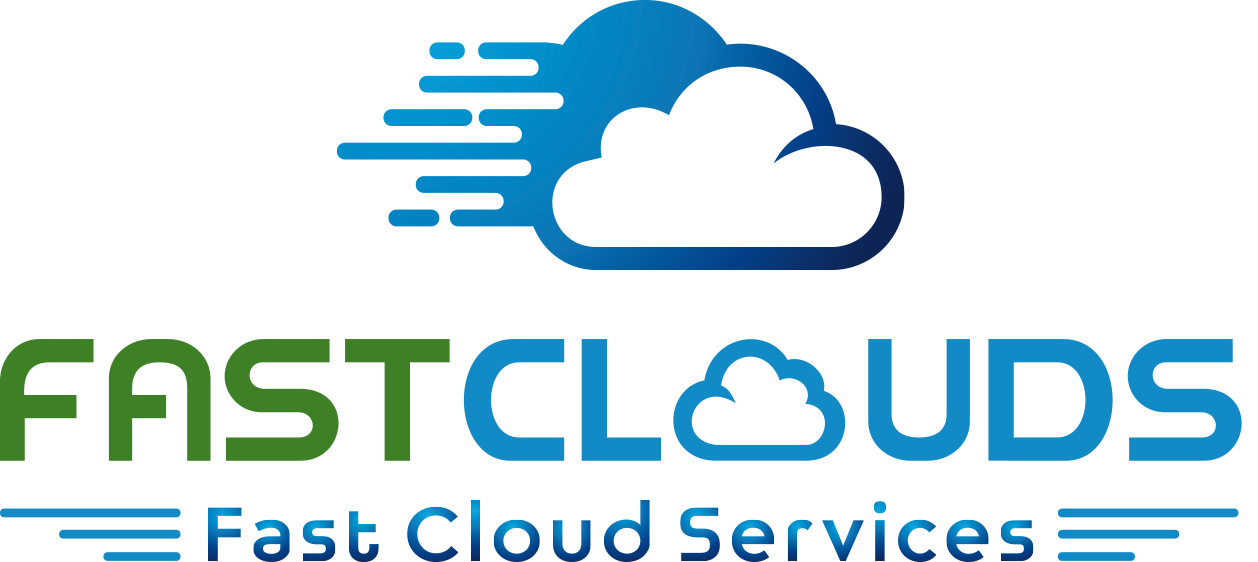Introduction
In the banking and financial sector, technology has become a fundamental pillar for the success of institutions and their ability to keep pace with market developments. With the increasing reliance on digital applications to enhance customer experience and boost operational efficiency, adopting innovative technologies to improve performance speed and system integration has become essential. One of the most advanced and increasingly popular technologies in the banking sector is Cloud Docker, which contributes to enhancing operational efficiency and facilitating the integration of different systems.
What is Cloud Docker?
Docker is an open-source platform that enables developers to package applications within independent containers, making it easier to run them on any environment or server. Docker is known for its ability to isolate applications from the underlying system and provide a unified runtime environment, enhancing the ease of deployment and distribution across various servers.
Cloud Docker, on the other hand, builds on this concept but leverages cloud infrastructure to provide greater flexibility in execution and scaling. By using Cloud Docker, banks can easily access container services, speeding up the building, running, and distribution of applications in a more efficient and effective manner.
The Role of Cloud Docker in Improving Speed and Integration of Bank Applications
-
Accelerating Application Development
Cloud Docker is a vital tool for accelerating application development in banks. By using containers, software development teams can ensure that applications will run the same way in all environments, whether on-premise or in the cloud. This standardization enhances testing efficiency, reduces compatibility issues, and significantly speeds up the development process.
-
Improving Integration Between Different Systems
In banks, various systems must be integrated efficiently. Cloud Docker provides an independent environment for each application, making it easier to connect different systems, such as financial transfer applications and cloud-based databases. This promotes harmony and increases the overall performance of the system.
-
Flexibility and Scalability of Applications
Cloud Docker enables banks to scale their systems easily according to demand. If there is an increase in transaction volume or the number of users, the bank can expand container capacity on the cloud without affecting application performance, improving user experience and ensuring quick responsiveness.
-
Enhancing Security
is a top priority for banks, and Cloud Docker offers effective isolation of applications, enhancing the protection of sensitive data. Banks can implement flexible security policies on containers, minimizing the risks associated with cyberattacks and data breaches.
-
Cost Efficiency
with Cloud Docker, banks can reduce server management costs since containers consume fewer resources compared to traditional technologies. Additionally, the easy scalability on the cloud helps reduce expenses related to IT infrastructure.
-
Improving Data Management and Updates
Cloud Docker allows banks to easily update applications without affecting other applications or disrupting services. Thanks to container independence, updates can be rolled out periodically, improving system efficiency and ensuring continuous user experience.
-
Speeding Up Customer Response
Cloud Docker contributes to improving processing speed and customer response time. As customers increasingly rely on banking applications, banks can offer faster and more efficient services using this technology, enhancing customer satisfaction and increasing operational efficiency.
Challenges Banks May Face When Using Cloud Docker
Despite the numerous benefits that Cloud Docker offers to banks, there are several challenges that institutions may encounter when implementing this technology:
-
Managing Distribution and Updates
Cloud Docker requires effective management of application distribution and updates, which necessitates the involvement of the bank’s IT team to ensure updates are implemented without disrupting daily operations. Improper management of updates can lead to service interruptions or performance issues.
-
Training and Skill Development
To maximize the benefits of Cloud Docker, banks need to provide ongoing training to their staff. As this technology evolves, it is crucial for the technical team to have specialized skills to efficiently manage containers and fully leverage the cloud environment.
-
Integration with Legacy Systems
Some banks face challenges in integrating Docker with legacy systems that may not support containers. This integration may require additional effort to update or modify existing systems, increasing the complexity of the process and affecting implementation time.
These challenges require carefully thought-out strategies to overcome, ensuring that Cloud Docker can deliver the intended benefits to the bank without compromising operational efficiency or security.
Conclusion
Cloud Docker is an innovative solution offering significant benefits to banks in improving the speed and efficiency of their applications within banking environments. By enabling rapid development, improving system integration, enhancing security, and reducing costs, Cloud Docker helps banks effectively adapt to rapid changes in the financial services sector. However, banks must take necessary measures to address challenges that may arise during the implementation of this technology. Ultimately, adopting Cloud Docker is a strategic step toward enhancing banking operations and providing innovative and secure services to customers.





